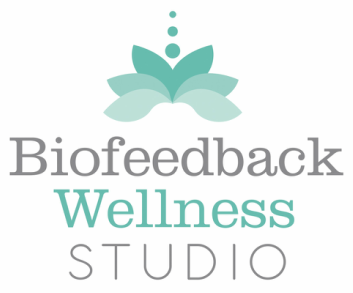Tell me more, you say? Medical researchers at The Cleveland Clinic studied the effect of biofeedback stress management on heart muscle function. Subjects with a diagnosis of heart failure were taught to regulate their breathing pattern in order to balance their autonomic nervous system and improve heart rate variability (the variability of the time between heartbeats). Results indicated improved quality of life, along with reversal of biological changes in the heart tissue. Here's a link to an article describing the study, if you'd like to read further. http://www.prweb.com/releases/2013/4/prweb10623837.htm.
Respiratory training is a key part of biofeedback. Take a look at this “before and after” printout showing the effects of slow, effortless diaphragmatic breathing on the heart. You can see the rhythms of the heart begin to align with the rhythm of the breath. Many health benefits accompany this “cardio-respiratory synchrony” and the improved heart rate variability that typically results. Learning to achieve this, along with deep muscle relaxation, hand warming and the release of negative thought patterns can make for a happier, healthier you. What better way to celebrate the 50th anniversary of American Heart Month.


 RSS Feed
RSS Feed